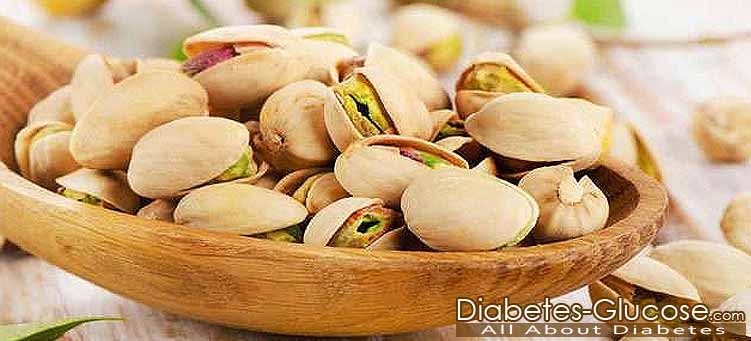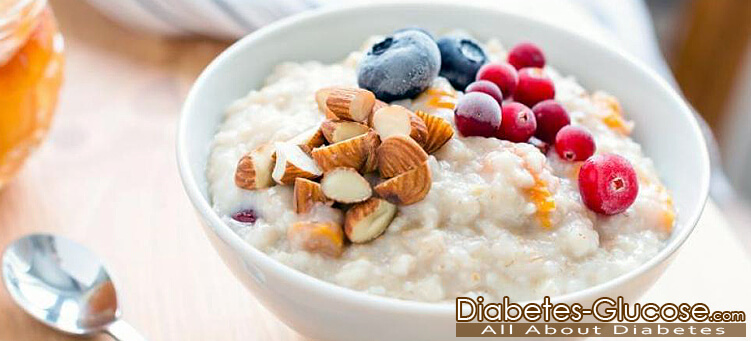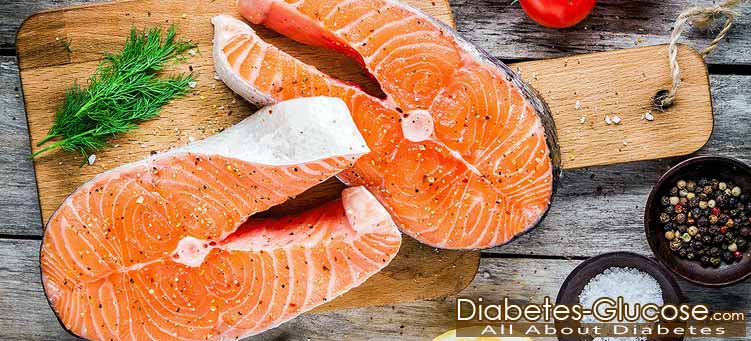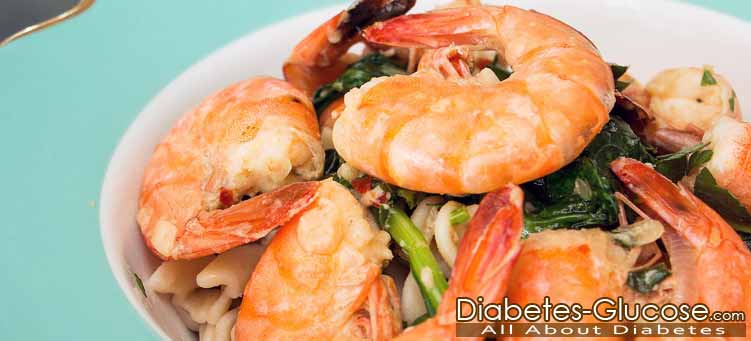Can you eat pistachios with diabetes? Research has indicated that eating pistachios along with a high-glycemic meal may help lower after-meal blood sugar response, particularly in people with metabolic syndrome (a cluster of factors that raises the risk of heart disease, stroke, and Type 2 diabetes). Now, a small new study from Penn State University suggests that these nuts may also improve heart health in people who have Type 2 by reducing the body’s cardiovascular responses to everyday stress.
Heart attack and stroke are the leading causes of death in people who have diabetes. To evaluate the effects of pistachios on various aspects of cardiovascular health, researchers recruited 30 adults, ages 40–74, with well-controlled Type 2 diabetes. After two weeks eating a typical American diet containing 36% fat and 12% saturated fat, the participants were randomly assigned to eat one of two diets for four weeks: A standard low-fat, heart-healthy diet consisting of 27% fat and 7% saturated fat, or a moderate-fat diet consisting of 33% fat and 7% saturated fat that included two daily servings of pistachios (roughly 3 ounces, or 150 nuts). After a two-week break, the participants were assigned to eat the alternate diet for the following four weeks.
At the end of each four-week period, the researchers measured blood pressure and total peripheral vascular resistance (a measure of how much resistance the blood encounters while flowing through the vessels — higher resistance equals a higher workload for the heart) both at rest and during two stress tests, one consisting of immersing a hand into icy water for two minutes and one consisting of engaging in a confusing mental arithmetic test.
Typically, these stress tests — the cold-water challenge, in particular — cause the blood vessels to constrict significantly. The researchers found that the vessels remained wider open and more relaxed during these challenges following consumption of the pistachio diet. (They note, however, that pistachio consumption is not a replacement for adopting stress-management techniques.)
Although the laboratory measurements of blood pressure were not affected by pistachio consumption, real-world measurements (as measured by an automated monitor) were significantly improved by pistachios: Systolic blood pressure measurements (the top number) during sleep were particularly affected, decreasing by an average of four points — a reduction that “would be expected to lower workload on the heart,” according to researcher Katherine A. Sauder, PhD.
Heart rate variability, a measurement of how well the nervous system is controlling heart function, was also found to improve following the pistachio diet. According to a Penn State news release on the study, this indicates that pistachios increase the activity of the vagus nerve, “an important part of the parasympathetic nervous system that can be damaged with diabetes.”
“Although nuts are high in fat, they contain good fats, fiber, potassium and antioxidants. Given the high risk of heart disease in people with diabetes, nuts are an important component of a heart healthy diet in this population,” noted study author Sheila G. West, PhD.
For more information, read the article “Pistachios may lower vascular response to stress in Type 2 diabetes” or see the study’s abstract in the Journal of the American Heart Association.
Source: diabetesselfmanagement.com



